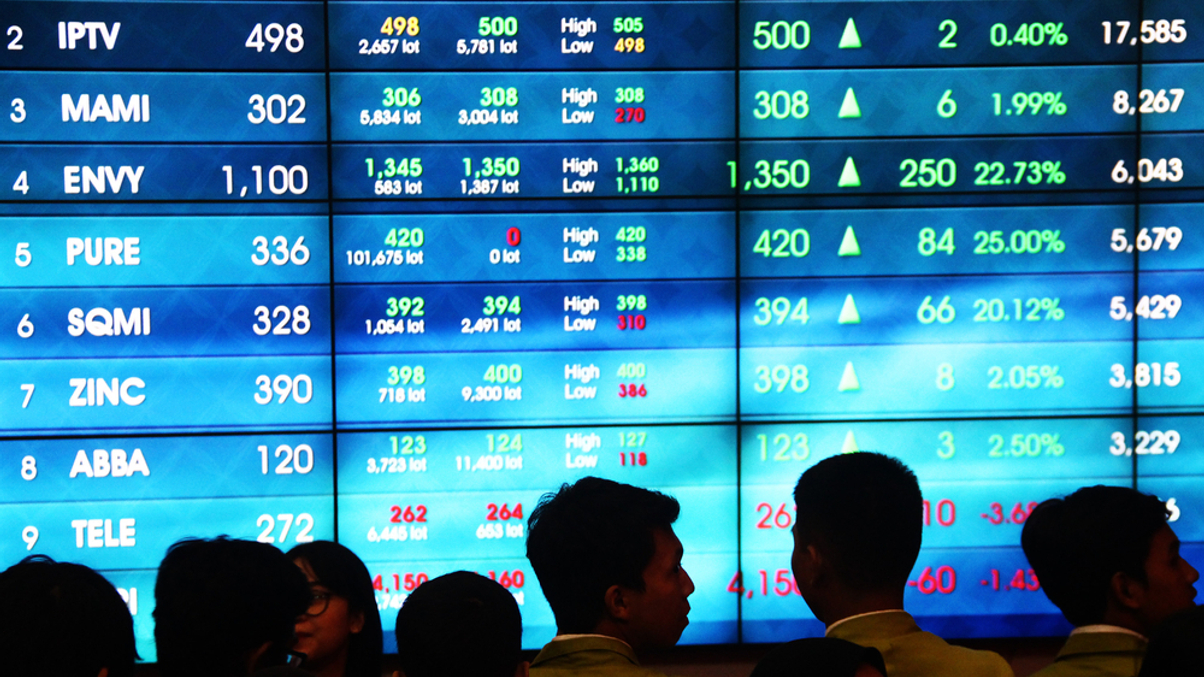Investors bet on HK IPOs despite China’s new overseas listing rules
The market wants China's new rules on overseas initial public offerings to clarify the status of cybersecurity reviews and how foreign investors can participate in listings by VIE-structured companies.

Despite China’s new IPO rules categorising Hong Kong as an overseas market, institutional investors believe regulators will extend favourable terms to Chinese companies interested in listing their shares in Hong Kong.
Sign in to read on!
Registered users get 2 free articles in 30 days.
Subscribers have full unlimited access to AsianInvestor
Not signed up? New users get 2 free articles per month, plus a 7-day unlimited free trial.
¬ Haymarket Media Limited. All rights reserved.


